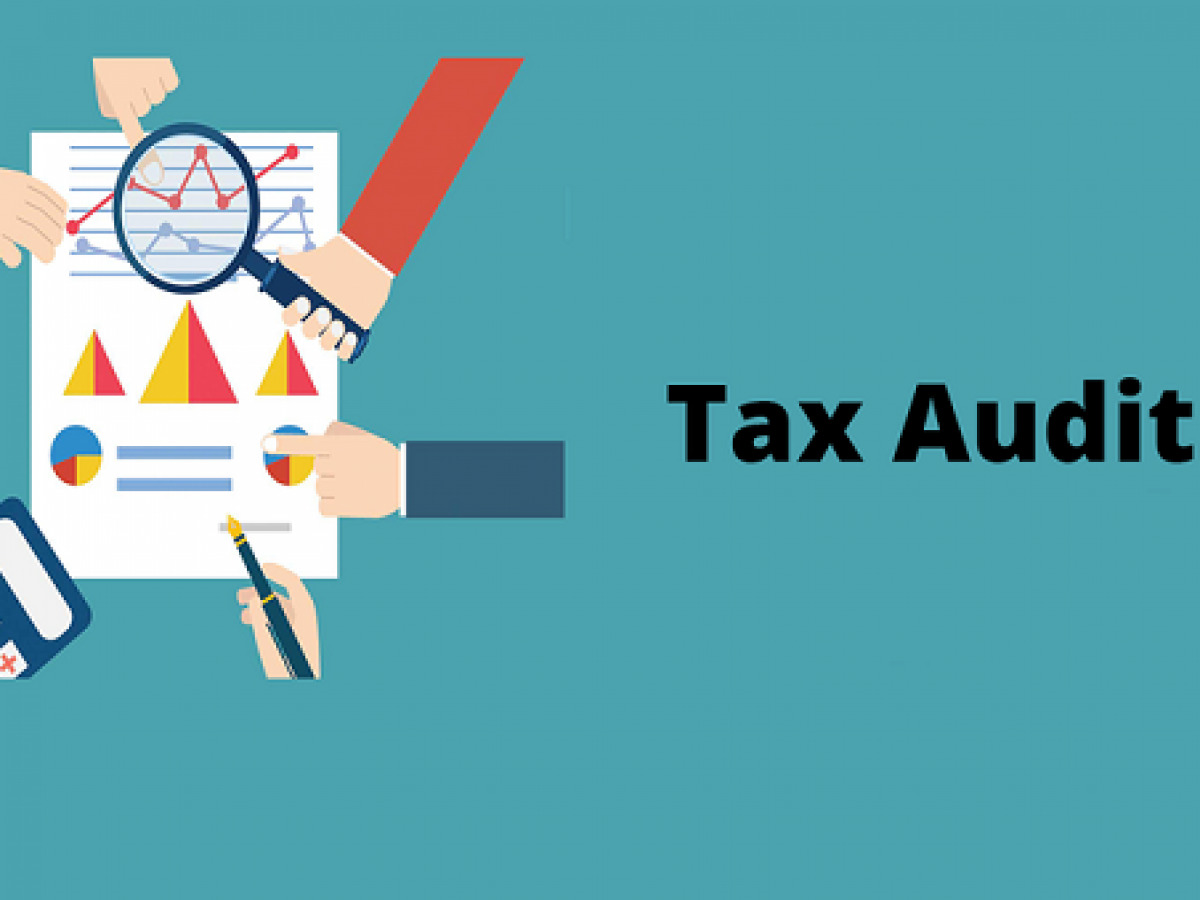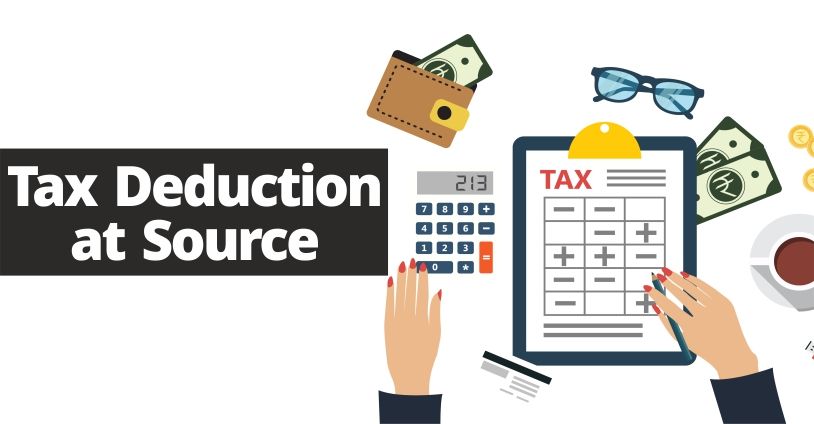The dictionary meaning of the term “audit” is check, review, inspection, etc. There are various types of audits prescribed under different laws like company law requires a company audit, cost accounting law requires a cost audit, etc. Income Tax Act, 1961 also prescribes for tax audit under section 44AB. Lets understand the basics of Tax Audit with help of FAQs.
What is tax audit?
The Income-tax Law requires the taxpayer to get the audit of the accounts of his business/profession from the view point of Income-tax Law. Section 44AB gives the provisions relating to the class of taxpayers who are required to get their accounts audited from a chartered accountant. The audit under section 44AB aims to ascertain the compliance of various provisions of the Income-tax Law and the fulfillment of other requirements of the Income-tax Law. The audit conducted by the chartered accountant of the accounts of the taxpayer in pursuance of the requirement of section 44AB is called tax audit.
The chartered accountant conducting the tax audit is required to give his findings, observation, etc., in the form of audit report. The report of tax audit is to be given by the chartered accountant in Form Nos. 3CA / 3CB and Form No. 3CD.
What is the objective of tax audit under section 44AB?
One of the objectives of tax audit is to ascertain/derive/report the requirements of Form Nos. 3CA/3CB and Form No. 3CD. Apart from reporting requirements of Form Nos. 3CA / 3CB and Form No. 3CD, a proper audit for tax purposes would ensure that the books of account and other records are properly maintained, that they truly reflect the income of the taxpayer and claims for deduction are correctly made by him. Such audit would also help in checking fraudulent practices. It can also facilitate the administration of tax laws by a proper presentation of accounts before the tax authorities and considerably save the time of Assessing Officers in carrying out routine verifications, like checking correctness of totals and verifying whether purchases and sales are properly vouched for or not. The time of the Assessing Officers saved could be utilised for attending to more important and investigational aspects of a case.
As per section 44AB, who is compulsorily required to get his accounts audited, i.e., who is covered by tax audit?
As per section 44AB, following persons are compulsorily required to get their accounts audited:
- A person carrying on business, if his total sales, turnover or gross receipts (as the case may be) in business for the year exceed or exceeds Rs. 1 crore. This provision is not applicable to the person, who opts for presumptive taxation scheme under section 44AD and his total sales or turnover doesn’t exceed Rs. 2 crores.
Note: The threshold limit, for a person carrying on business, is increased from Rs. 1 Crore to Rs. 10 crores in case when cash receipt and payment made during the year do not exceed 5% of total receipt or payment, as the case may be.
In other words, more than 95% of business transactions should be done through banking channels.
- A person carrying on profession, if his gross receipts in profession for the year exceed Rs. 50 lakhs.
- An assessee who declare profit for any previous year in accordance with section 44AD and he decreases profit for any of one 5 assessment year relevant to the previous year succeeding such previous year lower than the profit computed as per section 44AD and his income exceeds the
amount which is not chargeable to tax.
- If an eligible assessee opts out of the presumptive taxation scheme, within the aforesaid period, he cannot choose to revert back to the presumptive taxation scheme for a period of five assessment years thereafter.
- A person who is eligible to opt for the presumptive taxation scheme of section 44ADA but he claims the profits or gains for such profession to be lower than the profit and gains computed as per the presumptive taxation scheme and his income exceeds the amount which is not chargeable to tax.
- A person who is eligible to opt for the presumptive taxation scheme of sections 44AE but he claims the profits or gains for such business to be lower than the profits and gains computed as per the presumptive taxation scheme of sections 44AE.
- A person who is eligible to opt for the taxation scheme prescribed under section 44BB* or section 44BBB* but he claims the profits or gains for such business to be lower than the profits and gains computed as per the taxation scheme of these sections.
* Section 44BB is applicable to non-resident taxpayers engaged in the business of providing services or facilities in connection with or supplying plant and machinery on hire basis to be used in
exploration of mineral oils. Section 44BBB is applicable to foreign companies engaged in the business of civil construction or erection of plant or machinery or testing or commissioning thereof,
in connection with a turnkey power project.
If a person is required by or under any other law to get his accounts audited, then is it compulsory for him to once again get his accounts audited to comply with the requirement of section 44AB?
Persons like company or co-operative society are required to get their accounts audited under their respective law. Section 44AB provides that, if a person is required by or under any other law to get his accounts audited, then he need not again get his accounts audited to comply with the requirement of section 44AB. Is such a case, it shall be sufficient if such person gets the accounts of such business or profession audited under such law and obtains the report of the audit as required under such other law and also a report by the chartered accountant in the form prescribed under section 44AB, i.e., Form No. 3CA and Form 3CD (refer to next FAQ for relevance of these forms).
What are Form Nos. 3CA / 3CB and Form No. 3CD?
The report of the tax audit conducted by the chartered accountant is to be furnished in the prescribed form. The form prescribed for audit report in respect of audit conducted under section 44AB is Form No. 3CB and the prescribed particulars are to be reported in Form No. 3CD.
In case of persons covered under previous FAQ, i.e., who are required to get their accounts audited by or under any other law, the form prescribed for audit report is Form No. 3CA and the prescribed particulars are to be reported in Form No. 3CD.
What is the due date by which a taxpayer should get his accounts audited?
A person covered by section 44AB should get his accounts audited and should obtain the audit report on or before 30th September of the relevant assessment year, e.g., Tax audit report for the financial year 2022-23 corresponding to the assessment year 2023-24 should be obtained so that the same can be uploaded and accepted by the assesee on or before 30th September, 2023.
The tax audit report is to be electronically filed by the chartered accountant to the Income-tax Department. After filing of report by the chartered accountant, the taxpayer has to approve the report from his e-fling account with Income-tax Department (i.e., at https://www.incometax.gov.in/iec/foportal).
What is the penalty for not getting the accounts audited as
required by section 44AB?
According to section 271B, if any person who is required to comply with section 44AB fails to get his accounts audited in respect of any year or years as required under section 44AB or furnish such
report as required under section 44AB, the Assessing Officer may impose a penalty.
The penalty shall be lower of the following amounts:
(a) 0.5% of the total sales, turnover or gross receipts, as the case may be, in business, or of the gross receipts in profession, in such year or years.
(b) Rs. 1,50,000.
However, according to section 271B, no penalty shall be imposed if reasonable cause for such failure is proved.
Till now, the reasonable causes that have been accepted by Tribunals/Courts for non levy of penalty are:
- Natural Calamities
- Resignation of the Tax Auditor and Consequent Delay
- Labour problems such as strikes, lock-outs for an extended period
- Loss of Accounts because of situations beyond the control of the Assesses
- Physical inability or death of the partner in charge of the accounts
****
Don’t miss the next Accounting/ Co. Law/ Tax Update / Article / Judicial pronouncement
Subscribe to our newsletter for FREE to stay updated
TW Editorial Team comprises of team of experienced Chartered Accountants and Advocates devoted to spread the knowledge of GST amongst the various stakeholders.




